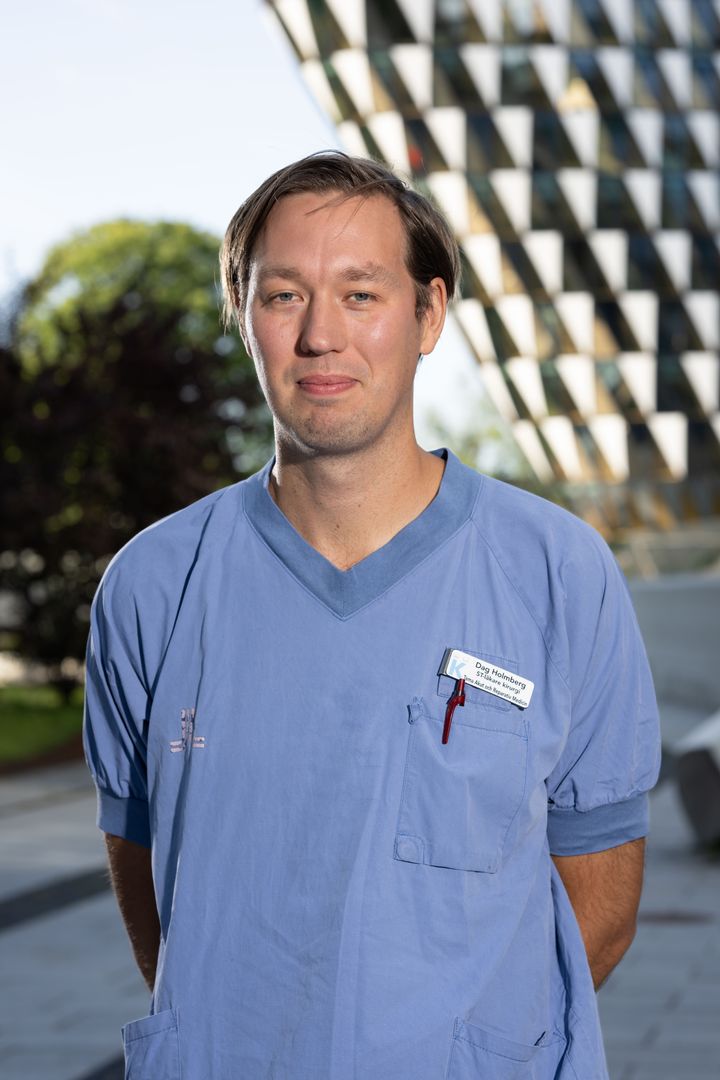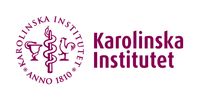No increase in cancer risk for most patients with reflux disease
Reflux disease manifests as acid regurgitation and heartburn and is a known risk factor for oesophageal cancer. However, a new study published in The BMJ by researchers at Karolinska Institutet now reports that the majority of patients do not have a higher risk of cancer. A large-scale study from three Nordic countries shows that the cancer risk is only elevated in patients whom gastroscopy reveals to have changes in the oesophageal mucosa.

“This is a gratifying result since reflux disease is a very common condition and most patients are found to have a completely normal mucus membrane on gastroscopic examination,” says the study’s first author Dag Holmberg, researcher at the Department of Molecular Medicine and Surgery, Karolinska Institutet and resident doctor of surgery at Karolinska University Hospital in Sweden.
In reflux disease, acidic stomach contents leak into the oesophagus. This can sometimes cause inflammation in the oesophageal mucus membrane (oesophagitis), which is diagnosed via gastroscopy. It is common knowledge that reflux disease increases the risk of oesophageal cancer, but what the cancer risk is for patients with normal mucosa has remained unknown.
The symptoms of reflux disease can come and go but generally persist, which means that many patients frequently seek medical attention and often undergo repeated gastroscopies to detect mucosal lesions or prodromal cancer.
“Our study suggests that these repeated gastroscopies are probably unnecessary for people with reflux disease who have a normal oesophageal mucosa,” says Dr Holmberg. “These findings should be reassuring for this large patient group and can guide GPs who often treat them.”
The present study is based on national health data registries in Sweden, Denmark and Finland, and included over 285,000 individuals with reflux disease and no gastroscopic evidence of oesophagitis. The patients were followed for up to 31 years and the researchers registered all cases of oesophageal cancer.
The cancer risk was then compared with that for individuals from the general population matched by age and sex and at the same period in the three countries. No increased risk of oesophageal cancer was observed in patients with reflux disease and a normal mucus membrane.
By way of comparison, the researchers also analysed the cancer risk in over 200,000 individuals with reflux disease and oesophagitis. These people were at a clearly increased relative risk of developing oesophageal cancer.
“We now intend to examine what factors other than oesophagitis can be linked to tumour growth in people with reflux disease,” says the study’s last author Jesper Lagergren, professor of surgery at the Department of Molecular Medicine and Surgery, Karolinska Institutet, and consultant surgeon at Karolinska University Hospital.
The study was a collaboration between researchers at Karolinska Institutet and Karolinska University Hospital in Sweden, the University of Copenhagen in Denmark, and the universities of Helsinki and Oulu in Finland. It was financed by the Swedish Research Council, the Swedish Cancer Society and the Nordic Cancer Union. There are no reported conflicts of interest.
Publication: “Non-erosive gastro-oesophageal reflux disease and incidence of oesophageal adenocarcinoma: population-based cohort study in three Nordic countries”, Dag Holmberg, Giola Santoni, My Catarina von Euler-Chelpin, Martti Färkkilä, Joonas H Kauppila, John Maret-Ouda, Eivind Ness-Jensen, Jesper Lagergren. The BMJ, online 13 September 2023, doi: 10.1136/bmj-2023-076017.
Contacts
For more information, please contact
Dag Holmberg, postdoctoral researcher
Department of Molecular Medicine and Surgery, Karolinska Institutet
Email: dag.holmberg@ki.se
Phone: +46 70 954 3754
Jesper Lagergren, professor
Department of Molecular Medicine and Surgery, Karolinska Institutet
Email: jesper.lagergren@ki.se
Phone: +46 70 227 4088
Images


Karolinska Institutet (https://ki.se/en) is one of the world’s leading medical universities. Our vision is to advance knowledge about life and strive towards better health for all. Karolinska Institutet accounts for the single largest share of all academic medical research conducted in Sweden and offers the country’s broadest range of education in medicine and health sciences. The Nobel Assembly at Karolinska Institutet selects the Nobel laureates in Physiology or Medicine.
Subscribe to releases from Karolinska Institutet - English
Subscribe to all the latest releases from Karolinska Institutet - English by registering your e-mail address below. You can unsubscribe at any time.
Latest releases from Karolinska Institutet - English
Using social media may impair children’s attention8.12.2025 06:01:00 CET | Press Release
Children who spend a significant amount of time on social media tend to experience a gradual decline in their ability to concentrate. This is according to a comprehensive study from Karolinska Institutet, published in Pediatrics Open Science, where researchers followed more than 8,000 children from around age 10 through age 14.
POTS common in patients with long COVID3.10.2025 11:33:37 CEST | Press Release
A new study from Karolinska Institutet in Sweden shows that an unusual heart rhythm disorder, POTS, is particularly common in people with long COVID. The majority of those affected are middle-aged women. The study is published in the scientific journal Circulation: Arrhythmia and Electrophysiology.
Simple test can predict risk of severe liver disease29.9.2025 09:00:00 CEST | Press Release
A new study from Karolinska Institutet, published in the scientific journal The BMJ, shows how a simple blood analysis can predict the risk of developing severe liver disease. The method may already start to be applied in primary care to enable the earlier detection of cirrhosis and cancer of the liver.
Press invitation: Announcement of the Nobel Prize in Physiology or Medicine 202523.9.2025 13:00:00 CEST | Press Invitation
The Nobel Prize in Physiology or Medicine 2025 will be announced on Monday October 6 at 11.30 am CEST (at the earliest).
How mutations in bodily tissues affect ageing20.8.2025 11:00:00 CEST | Pressmeddelande
Two new studies from Karolinska Institutet in Sweden have investigated how mutations that occur in muscles and blood vessels over time can affect ageing. The studies, which are published in Nature Aging, show that such mutations can reduce muscle strength and accelerate blood vessel ageing. The results can be of significance to the treatment of age-related diseases.
In our pressroom you can read all our latest releases, find our press contacts, images, documents and other relevant information about us.
Visit our pressroom